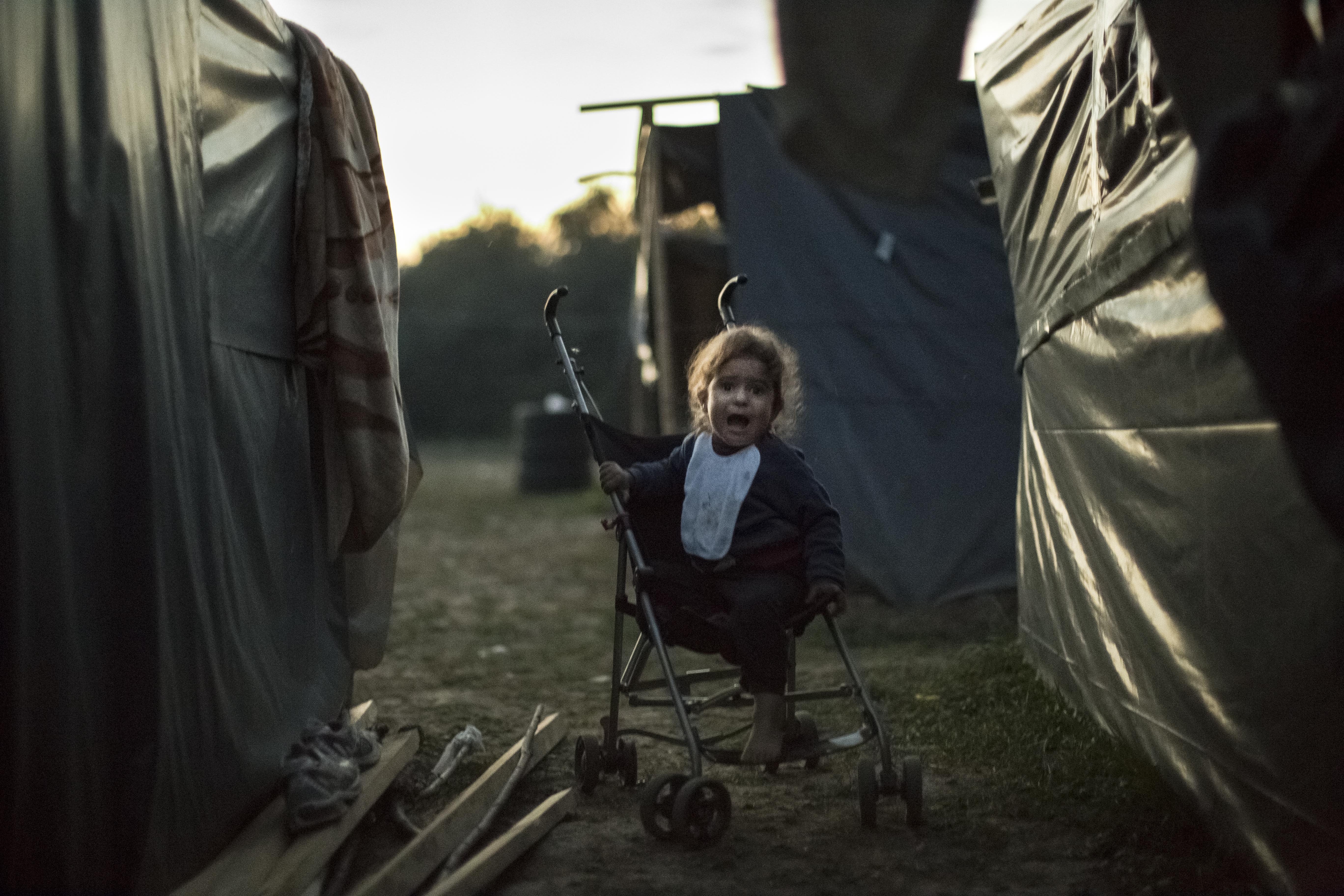A humanitarian emergency may be unfolding in Bosnia after more than 1,000 refugees, who were temporarily living in the town of Bihac close to the border with Croatia, were forced to move to the notorious Vucjak camp, according to a release the International Organization for Migration issued on Thursday.
The site, about 10 miles away from the small town, has been described by international organizations and media as deserted and seriously unsafe, located in an area infested by landmines. The accommodation center is also without basic necessities, including electricity and running water.
“With winter around the corner, humanitarian conditions for migrants in Bosnia and Herzegovina are getting dire for those staying outside the official accommodation centers,” IOM’s sub-regional coordinator of the Western Balkans, Peter Van Der Auweraert, said.
A joint U.N. Bosnia Country Team said in a statement on Wednesday that there were significant safety and health risks at Vucjak.
“The location falls well short of international humanitarian standards,” the U.N. said, having previously criticized the center as an inadequate and inappropriate place.
Before the relocation, according to media reports, in October around 800-1,000 people were in the camp, while around 6,000 were in the area of Bihac. The current arrivals of some 150 people daily worry international organizations, since the town is not willing to give refugees help and assistance.
The situation in Bosnia and Herzegovina started to deteriorate several years ago when Hungary stopped migrants flow building a border barrier near the Serbian and Croatian border in 2015. After the decision of the Hungarian government, the so-called Balkan Route became hard to cross.
Nowadays, thousands of migrants still try to reach Western Europe using alternatives routes. Bosnia and Herzegovina is one of them, even though there is a big risk to be captured by E.U. border controls. The Vucjak site has been overcrowded because of its proximity to Croatia, a member of the E.U that instead of accepting migrants continues to push them back to Bosnia and Herzegovina.
In these circumstances, the mayor of the city, Suhret Fazlic, threatened to cut migrant aid to draw attention to the problem.
“This decision, if implemented, together with continued relocation efforts, risks a possible humanitarian emergency at the Vucjak site,” the U.N. said, urging the local government to find safe and secure accommodation.


